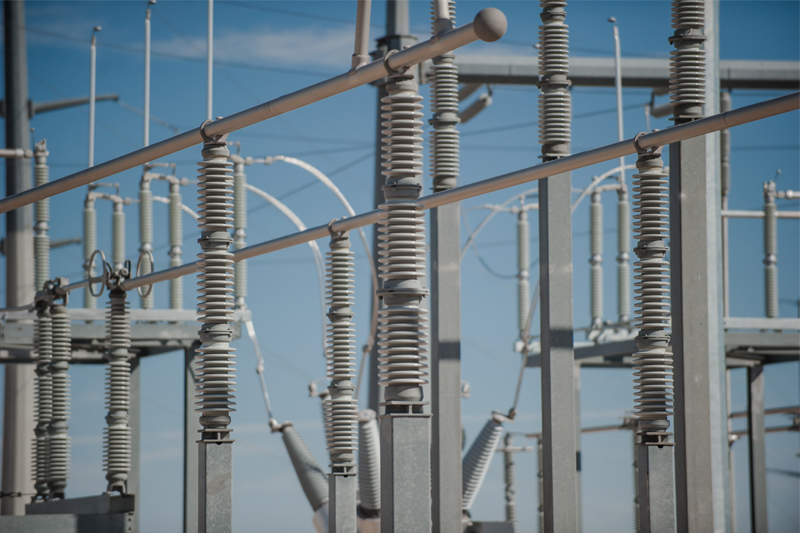What common mistakes do business owners make that drive up energy costs in their company?
24 November 2022
Today’s soaring energy costs can quickly rip through your bottom line and affect your business’ profitability. Business leaders shared their ideas on things you need to do (and stop doing) in order to reduce energy expenditures and create more efficiencies to keep your company in the black. Continue reading to see what they had to say.

Amy Fox
Amy Fox is a freelance business consultant who specializes in working with small business owners to improve profitability. Learn more about her at Amy Fox Consulting.
Ignoring energy audits, not setting energy consumption targets
There are several common mistakes that business owners make that can drive up energy costs in their company:
1. Not monitoring energy usage
Without proper monitoring, it’s difficult to identify areas of energy waste and inefficiency. By regularly monitoring energy usage, you can identify patterns and trends that can help you to reduce energy costs.
2. Not implementing energy-efficient practices
Many businesses fail to implement energy-efficient practices, such as turning off lights and equipment when not in use, using energy-efficient appliances and light bulbs, and properly maintaining HVAC systems.
3. Not taking advantage of energy-saving opportunities
Many businesses are not aware of the energy-saving opportunities available to them, such as rebates and incentives from utility companies, or the potential benefits of renewable energy sources.
4. Ignoring the potential benefits of an energy audit
An energy audit can help identify areas of inefficiency and recommend cost-effective solutions for improvement.
5. Not investing in energy-efficient technology
Some business owners are hesitant to invest in energy-efficient technology, such as LED lighting or smart thermostats, but these investments can pay for themselves over time in energy savings.
6. Not training employees on energy conservation
Employee behavior can have a big impact on energy consumption, so it’s important to educate them on the importance of energy conservation and best practices.
7. Not setting energy consumption targets
Without setting energy consumption targets, it’s difficult to measure progress and track the effectiveness of energy conservation efforts.
Failing to audit energy usage
Perhaps the most fundamental energy cost mistake that business owners make is failing to audit their energy usage. Without an accurate assessment of energy consumption, it’s very difficult for a company to identify where savings can be made in terms of efficiency. Although it may seem like a tedious task, business owners must take the time to effectively audit their energy usage if they want to manage their energy costs in the long run.
Only once you have a clear picture of your energy usage can you begin to identify other underlying issues that could be affecting your costs. For instance, a faulty or outdated HVAC system will greatly reduce the efficiency of your building’s climate control, and result in higher than necessary bills. Similarly, having old or inefficient lighting fixtures also eats away at a company’s energy budget.
A detailed audit of your organization’s energy usage is the first step that unlocks the highest-leverage interventions available to help bring your energy costs down.
Sharon Heather
Sharon Heather is the Business Development Director at EasyMerchant Limited.
Failing to invest in energy-efficient equipment
One of the most common mistakes is failing to invest in energy-efficient equipment and appliances. This can include everything from HVAC systems to lighting fixtures and can result in significant energy savings over time. Another common mistake is neglecting to implement energy-saving practices such as turning off lights and equipment when not in use, or failing to properly maintain and service equipment.
Another mistake is not conducting regular energy audits to identify areas of inefficiency and opportunities for cost savings. Furthermore, not taking advantage of government incentives and energy-saving programs can also add unnecessary costs to a business.
As a business leader, it’s crucial to be aware of these mistakes and take proactive steps to reduce energy costs. This includes investing in energy-efficient equipment, implementing energy-saving practices, and taking advantage of available programs and incentives. By doing so, a business can save money on energy costs and become more sustainable, which ultimately helps the bottom line and the planet.
This is a crowdsourced article. Contributors’ statements do not necessarily reflect the opinion of this website, other people, businesses, or other contributors.
Others articles you might like
Five energy procurement strategies for businesses
Securing the right energy contract isn't just about locking in the best rates. Energy procurement includes safeguarding your bottom line,...
9 April 2024Stabilizing energy costs in a volatile market
When we flip a switch, indoor lighting comes on with nearly the same dependability as the sun rising. This makes sense; the outside world...
21 March 2024Is now the best time to change business energy suppliers?
In the dynamic and globalized landscape of modern businesses, counting pennies matters. Optimizing expenses helps you gain a competitive edg...
5 March 2024




